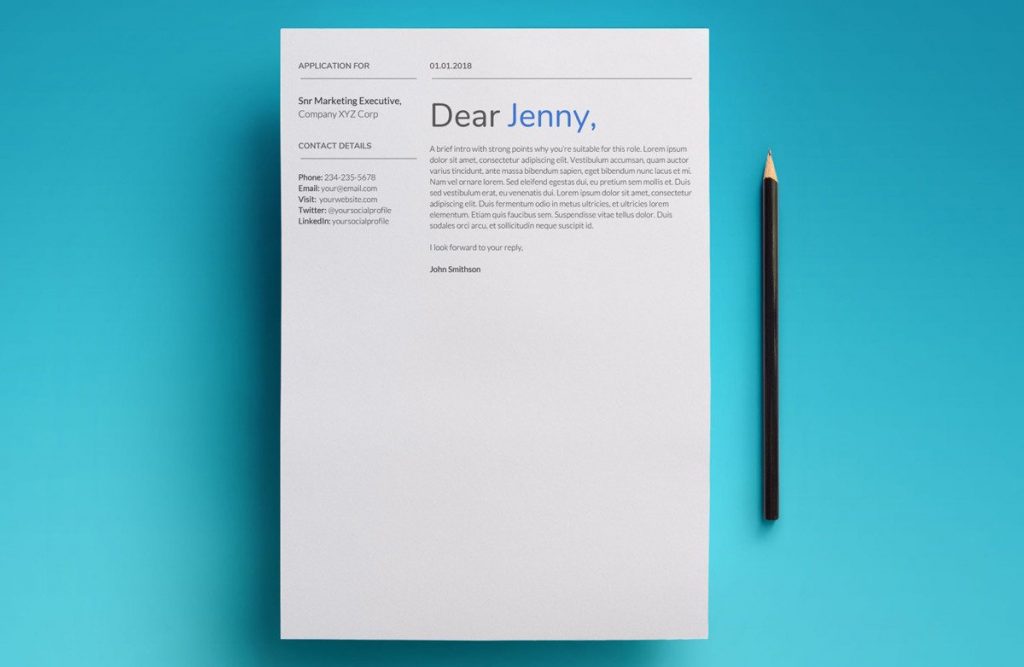Writing to an elected official, a neighbour, the Editor, an environmental group or union? Use one of the handy Letter Templates found here. We even have a ready to print Postcard to send to your MP.

Letters written from our hearts hold transformative power.
Take a few moments to share your concerns about microcells and 5G with neighbours, politicians and the media. The information below will help you write the most effective letters possible.
Suggested Action: Launch a Safe Tech Letter-writing Campaign to encourage as many people as possible to write and ask decision-makers to take a particular action.
Check Out our Current Campaigns Here

Creating a Successful Letter-Writing Campaign
1 – Set your goal
When creating your campaign make sure you have an achievable and easy-to-define goal that you’d like to reach.
2 – Find your target
Write to a specific individual or group that has the power to affect the change you want to see happen. Someone high up the chain might have the power, but will be much harder to contact.
3 – Spread the word
Invite your friends, family, neighbours, community groups and everyone to join your campaign. Spread the word to as many people as possible.
4 – Make it accessible
If you’re holding the campaign as part of an event at a public venue, make sure it’s easy to find and accessible to everyone.
5 – Make it fun! (Make it a red letter day: )
Sometimes campaigning isn’t everyone’s cup of tea. Activism can be a lot of fun, but letter-writing isn’t exactly a thrill-a-minute activity. Create some form of incentive to get folks involved – food, a film screening, a tea party or even something as simple as a meet-and-greet with other members of the community.
6 – Invite the press
Invite local media and journalists and get your issue into the headlines.(See Tips for writing fantastic Letters to the Editor Below)
7 – Keep up the pressure
A single letter-writing campaign may not bring about all the change you want to create. Making it a part of an ongoing campaign for change is the best way to make sure that public opinion remains high, and that those who are capable of making change, do it!
Writing a Powerful Letter

Writing to Elected Officials
Our input helps shape the way elected officials create and implement social policy. E-mails, faxes and petitions are good communication tools, but physical letters are often the most effective and persuasive way of communicating our views. Although using standardized letters for mass campaigns works if enough people participate, personalized letters still have the most impact. Need content ideas? Check out these templates, or this this editable Guide.
Tips for Writing a Persuasive Letter
- Keep it short. Limit your letter to one page and one issue.
- Identify yourself and the issue. In the first paragraph of your letter state who you are and what issue you are writing about
- Focus on your main points. Choose the three strongest points to support your argument and develop them clearly. Too much information can distract from your position.
- Make it personal. Tell your decision-maker why the issue matters to you and how it affects you, your family, and your community. Make a connection to the elected official. Did you vote for her? Did you contribute to the campaign?
- Ask for a reply. Include your name and address on both your letter and envelope. Trust your voice. Be polite and take a firm position in your letter. Be confident in your understanding of the issue and remember that the official may know less than you. Thank elected officials when they make a decision that supports your goals.

A Better Letter to the Editor
Letters to the Editor are one of the most widely read sections of the newspaper and reach a large audience. They allow community members to comment on the way issues are being addressed in the media and to influence what topics the local paper covers.
Elected officials often monitor this section of the newspaper and take notice of constituents’ opinions. Due to strict space limitations in newspapers, not all letters will be published, but the more letters the newspaper receives on a certain topic, the more likely they are to run at least one letter on the topic. Check the letter guidelines in your local paper and use these tips to write an effective letter to the editor:
Ready to write a stellar Letter to the Editor on 5G and Microcells? Use this editable Guide which includes content ideas and a general letter template. (Also available for download as a PDF.)
For a 158 word ready-to-use letter, click here..
Improve Your Chances of Getting Your Letter Published:
- Keep it short and focused. Many newspapers have strict length limits and edit letters for space. A concise, single-issue letter has a better chance of retaining its salient points and keeping the reader’s interest.
- Make specific references. While some newspapers will print general commentary letters, most prefer letters that respond to a specific article.
- Be factual and highlight aspects of the issue that haven’t been previously addressed.
Include your contact information. Many newspapers will only publish a letter to the editor after verifying the author’s contact information. When printed, the letter will usually only include your name and city. - Type your letter and sign it.
- Send letters to smaller newspapers. Small newspapers are more likely to print your letter and the letter can then spark local community action.

Writing to Neighbours
Here are two friendly letters to share with your neighbours about the issues raised by microcell installations. The letters address safety, security, privacy, property value, and health. They suggest your neighbours visit this website to learn more, and invite them to attend your next town or village meeting to voice their concerns.
Download and share this letter if microcells have not yet been placed in your neighborhood.
Download and share this letter if microcells have already been installed.
Please use these letters as templates and get your neighbours involved!

Does E-mail Work?
Yes it does, especially if it’s done right!
When targeting an elected official, remember they want to get re-elected, and they know that messages, even e-mails, express the opinions of people who participate in the political process and who vote.
Busy officials don’t always have time to read e-mail, but their aides (or even machines) scan the e-mails to determine who wrote each (constituents count more than non-constituents), what the subject is, and whether the writer is for or against.
Then a report is prepared, tallying the numbers for and against the action that the e-mail called for. This report finally goes to the boss, or to a senior aide. If a large number of well written e-mails comes in, the official usually takes notice.

A Letter Writing Campaign Success Story
In December 2013, more than 2.3 million letters, emails, SMS messages, faxes and tweets were sent in Amnesty International’s “Write for Rights” campaign.
Messages pressuring authorities led to the release of two prisoners of conscience: the Cambodian housing rights activist Yorm Bopha and the Russian peaceful protester Vladimir Akimenkov.

